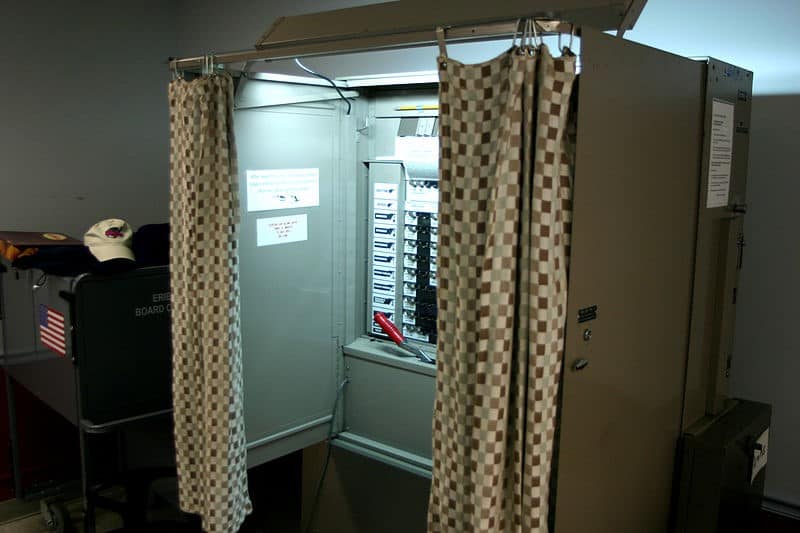The US Supreme Court’s 2014 decision in Alice Corp. v. CLS Bank International has been widely viewed as changing the standards for patent validity, especially in the field of software.
The Alice decision dealt with the definition of patentability under section 101 of the US Patent Code.
Section 101 on its face seems very simple:
Whoever invents or discovers any new and useful process, machine, manufacture, or composition of matter, or any new and useful improvement thereof, may obtain a patent therefor, subject to the conditions and requirements of this title.
However, endless litigation has revolved around that short paragraph, and just HOW Alice changes the standards has been a matter for debate.
But now the Federal Circuit has come out with an opinion that Alice didn’t actually change anything.
Voter Verified, Inc. v. Election Sys. & Software LLC involves a Voter Verified patent for “auto-verification” of a voter’s ballot.
In 2009, Voter Verified sued the predecessors of Election Systems for patent infringement.
Election Systems asserted that the claims of the Voter Verified patent were invalid.
The district court made various validity and infringement orders, some in favor of Voter Verified and some in favor of Election Systems.
Voter Verified sued Election Systems for infringement again in 2016, arguing that there had been an intervening change in the law due to Alice so that it could relitigate an issue already addressed in the previous case.
As the court noted,
For the change of law exception to issue preclusion to apply, three conditions must be satisfied. First, “the governing law must have been altered.” … Second, “the decision sought to be reopened must have applied the old law.” … Third, the change in the law “must compel a different result under the facts of the particular case.” … Additionally, in order to be intervening, the change in the law must have occurred after the first case was finally decided.
The district court concluded that that the Alice decision was indeed a “substantial change” in the law.
But the Federal Circuit disagreed, saying that Alice didn’t actually alter the governing law under § 101.
Some commentators have stated that the Federal Circuit is simply wrong about the impact of Alice.
Regardless of what Alice did or didn’t change, it’s been far harder for patent holders to sustain software-related patent claims in the wake of Alice.
The fact that the Federal Circuit says that Alice doesn’t matter seems unlikely to change this trend.
To receive poetic updates on IP law, sign up for our monthly collection of patent haikus and news here:


